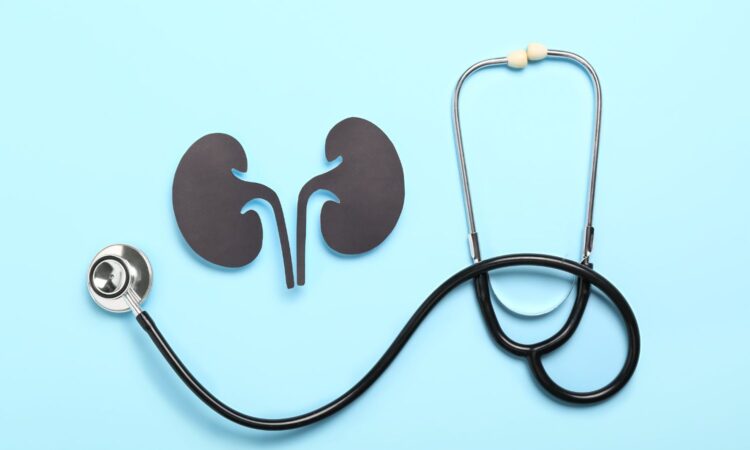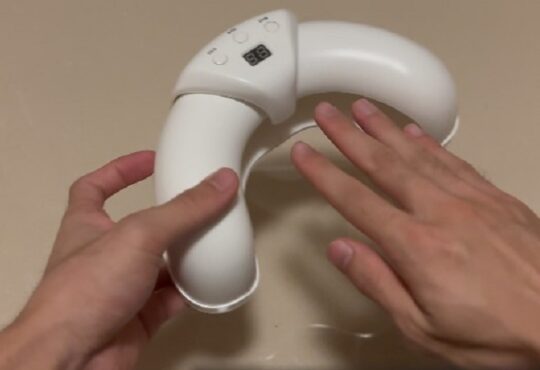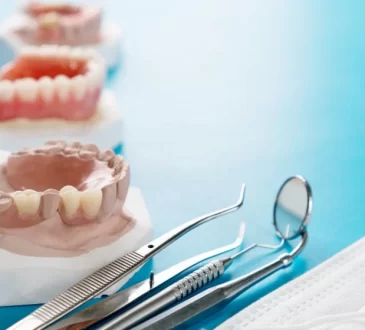The Role of a Urologist in Treating Kidney Stones: Prevention, Treatment, and Recovery

Kidney stones are a common yet often painful condition that affects millions of people worldwide. These small, hard mineral deposits form in the kidneys and can cause severe pain when they move through the urinary tract. While kidney stones can affect anyone, they are more common in men than women and tend to recur once you’ve had one. Fortunately, urologists are experts in diagnosing, treating, and preventing kidney stones. If you’re struggling with kidney stones, understanding how a urologist can help you manage the condition is essential to preventing recurrence and improving your quality of life.
In this blog post, we’ll explore what kidney stones are, the role of a urologist in treating them, and how you can take steps to prevent future stones from developing.
What Are Kidney Stones?
Kidney stones are hard, crystalline deposits of minerals and salts that form inside your kidneys. They can range in size from a grain of sand to a large, golf-ball-sized mass. Kidney stones may be made of calcium, uric acid, struvite, or cystine. When these stones move or become lodged in the urinary tract, they can cause extreme pain, often referred to as renal colic.
Common symptoms of kidney stones include:
- Severe pain in the back, side, or lower abdomen
- Pain during urination
- Blood in the urine (hematuria)
- Frequent urination or the urge to urinate but only small amounts
- Nausea and vomiting
While some kidney stones can pass on their own, larger stones or those that cause obstruction may require medical intervention. This is where a urologist plays a critical role in both treating and preventing kidney stones.
Causes of Kidney Stones
The formation of kidney stones is often linked to an imbalance in the substances that make up urine. Factors such as dehydration, diet, and underlying medical conditions can contribute to kidney stone formation. Some of the most common causes include:
- Dehydration: When you don’t drink enough fluids, your urine becomes concentrated, allowing minerals to crystallize and form stones. Adequate hydration is crucial for preventing kidney stones.
- Dietary Factors: A high-sodium or high-oxalate diet can contribute to the formation of certain types of kidney stones. Calcium-rich foods are generally healthy, but an excessive intake of animal protein or oxalate-rich foods (like spinach and chocolate) can increase the risk.
- Medical Conditions: Certain conditions, such as obesity, diabetes, high blood pressure, gout, and hyperparathyroidism, increase the likelihood of kidney stones. Some people may also have a genetic predisposition to developing stones.
- Medications: Some medications, such as diuretics or calcium-based antacids, may increase the risk of stone formation.
- Family History: If you have a family history of kidney stones, you’re more likely to develop them yourself.
How a Urologist Can Help Treat Kidney Stones
A urologist is a specialist trained to manage conditions related to the urinary tract, including kidney stones. If you’re experiencing symptoms of kidney stones or have been diagnosed with them, a urologist will assess your condition and develop a treatment plan based on the size, type, and location of your stones.
Here are some common treatments that a urologist may recommend:
- Observation and Pain Management
- For small kidney stones that are not causing a blockage or severe pain, your urologist may recommend conservative treatment. This involves drinking plenty of fluids to help flush the stone out and taking pain relievers to manage discomfort. Most small stones can pass naturally within a few days to a week.
- Extracorporeal Shock Wave Lithotripsy (ESWL)
- If the stone is too large to pass on its own or causing significant pain, a urologist may recommend extracorporeal shock wave lithotripsy (ESWL). This non-invasive procedure uses shock waves to break the stone into smaller pieces, making it easier to pass through the urinary tract. ESWL is typically done on an outpatient basis, and most patients can return to normal activities after a short recovery period.
- Ureteroscopy
- If the stone is located in the ureter (the tube connecting the kidney to the bladder), your urologist may perform a ureteroscopy. During this procedure, a small scope is inserted into the urethra and passed through the bladder into the ureter. The urologist can then remove the stone or break it into smaller pieces using a laser.
- Percutaneous Nephrolithotomy (PCNL)
- For very large kidney stones or those that cannot be treated with ESWL or ureteroscopy, a urologist may recommend percutaneous nephrolithotomy (PCNL). This procedure involves making a small incision in the back to directly access the kidney and remove the stone. PCNL is generally reserved for more complex cases and requires a hospital stay for recovery.
- Medications
- In some cases, a urologist may prescribe medications to help dissolve certain types of kidney stones, particularly uric acid stones. Additionally, medications like alpha-blockers can help relax the muscles in the urinary tract, making it easier to pass a stone.
- Surgical Intervention
- In rare cases, surgery may be required to remove large or problematic stones. This is typically only necessary when other treatment methods have failed or the stone is causing significant health problems, such as a urinary tract infection or kidney damage.
Preventing Kidney Stones
Once you’ve had one kidney stone, you’re at higher risk for developing more in the future. Fortunately, there are several lifestyle changes and preventive measures that a urologist can recommend to help reduce the risk of recurrence:
- Hydration
- Drinking plenty of fluids is the most important preventive measure. Aim to drink enough water to produce clear or light yellow urine. For most people, this means consuming at least 8-10 cups of water a day. Staying hydrated helps dilute the substances in urine that can form stones.
- Dietary Adjustments
- A urologist may recommend dietary changes based on the type of kidney stone you have. For instance, if you form calcium oxalate stones, you may need to reduce your intake of oxalate-rich foods, such as spinach, nuts, and chocolate. Increasing your intake of fruits and vegetables can help reduce stone formation as well.
- Limit Sodium and Animal Protein
- Reducing the amount of sodium (salt) in your diet can help lower your risk of kidney stones. Similarly, excessive animal protein (such as red meat, poultry, and fish) can increase the likelihood of stone formation, so it’s important to consume these foods in moderation.
- Medications
- For those with a history of recurrent kidney stones, a urologist may prescribe medications that can help prevent future stones from forming. These may include diuretics, potassium citrate, or medications that reduce uric acid levels in the body.
- Regular Monitoring
- If you’ve had kidney stones in the past, regular follow-up appointments with your urologist are essential. Monitoring your kidney function and any changes in your symptoms will help catch potential issues early.
- If you’ve had kidney stones in the past, regular follow-up appointments with your urologist are essential. Monitoring your kidney function and any changes in your symptoms will help catch potential issues early.
Conclusion
Kidney stones are a painful and often recurrent condition, but with the help of a urologist, you can manage, treat, and prevent them. Urologists are skilled at diagnosing the cause of kidney stones and recommending the best treatment options, from conservative management to advanced surgical procedures. By following preventive measures such as staying hydrated, adjusting your diet, and working with a urologist, you can significantly reduce the risk of developing kidney stones in the future.
If you’ve experienced kidney stones, don’t hesitate to seek the advice of a urologist. The right treatment and preventive care can make all the difference in managing this condition and restoring your overall well-being. We recommend urologist brooklyn.










